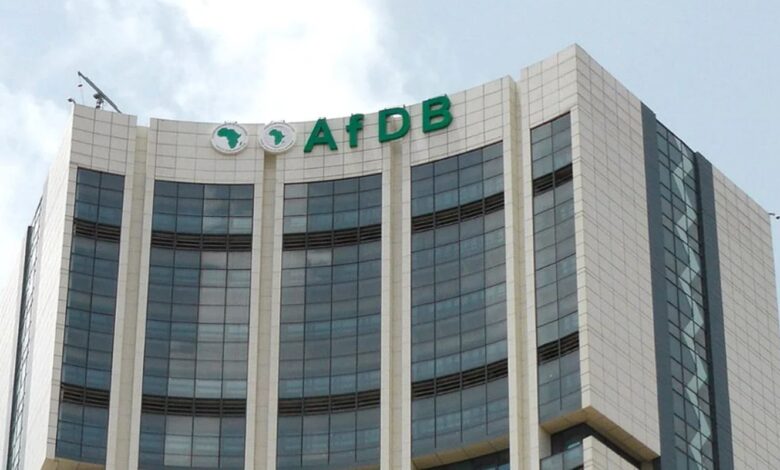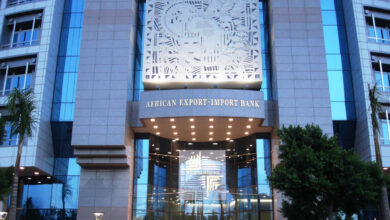New AfDB Initiative Offers Fresh Hope for Africa’s Unemployed Youth

In a bid to tackle youth unemployment across Africa, the African Development Bank (AfDB), in partnership with the International Labour Organization (ILO), has launched a pioneering “Youth, Jobs and Skills Marker System.” The new system is designed to ensure that every dollar invested by the Bank contributes meaningfully to youth employment, entrepreneurship, and skills development across sectors like agriculture, transport, energy, education, and water.
The initiative, which aligns with the AfDB’s Ten-Year Strategy, seeks to transform Africa’s demographic bulge into a development dividend by embedding youth-focused outcomes in all Bank-funded projects. With over 10 million young Africans entering the labor market each year and only three million formal jobs available, experts say this innovative approach could be a game-changer.
“This isn’t just about youth inclusion,” said Dr. Beth Dunford, Vice President for Agriculture, Human and Social Development at AfDB. “It’s about giving Africa’s young women and men a real seat at the table, where they can actively shape and benefit from the continent’s growth.”
The system will focus on:
-
Youth entrepreneurship: Supporting micro, small, and medium enterprises (MSMEs) led by young people.
-
Skills development: Providing market-relevant training and apprenticeships to improve employability.
-
Job creation: Ensuring projects generate sustainable employment, particularly in high-potential sectors.
Drawing inspiration from the Bank’s successful Gender Marker System, the new tool will use a digital dashboard to help Bank staff monitor and report on youth-related progress. It is currently being piloted and is set for full rollout in 2026.
Peter van Rooij of the ILO highlighted its global significance: “This is the first of its kind by any development finance institution. It moves us closer to achieving SDG 8 which is decent work for all and ensures that lending directly contributes to creating better, sustainable jobs.”
The system is being supported by the Bank’s Youth Entrepreneurship and Innovation Multi-Donor Trust Fund and will play a critical role in reshaping Africa’s development financing to prioritize young people’s futures.
For young Africans facing limited job prospects and rising cost of living, this initiative could signal a shift toward inclusive growth that truly delivers.




